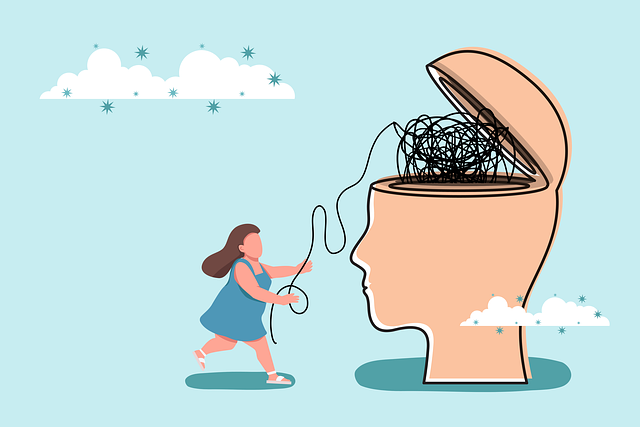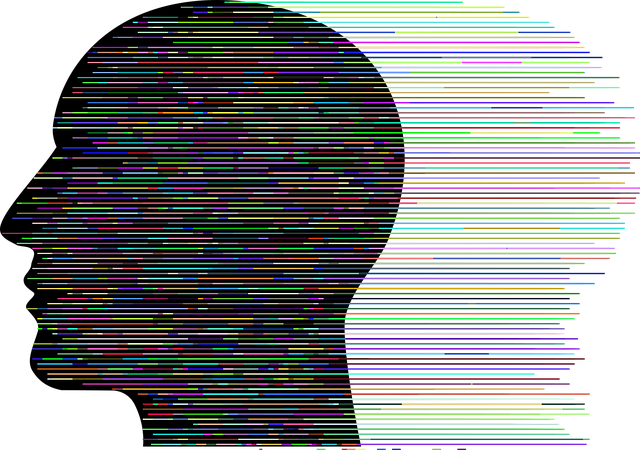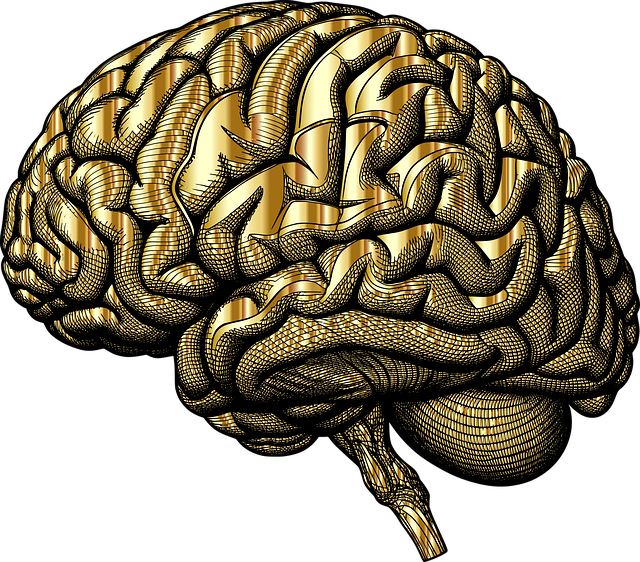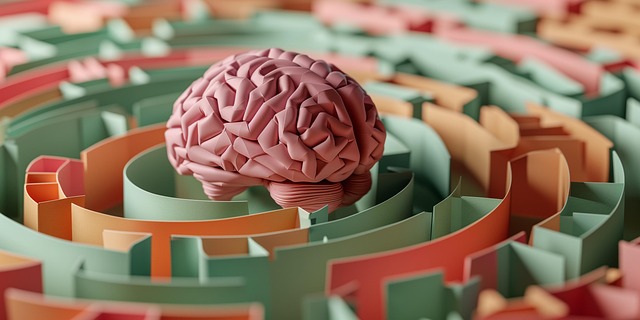The diagnosis of mental health disorders in adolescents faces challenges due to their developmental stage and vague symptoms. To address this, Superior Adolescent and Teen Therapy (SATT) is evolving with integrated approaches combining traditional therapy and mental wellness coaching. These programs focus on coping skills and emotional well-being, enhancing diagnostic accuracy. Emerging therapeutic methods like self-awareness exercises and technology-driven tools, such as online platforms and apps, further support SATT. Comprehensive training for mental health professionals, including emotional intelligence training, is crucial to improve diagnosis and prevention strategies in adolescents.
Mental illness diagnoses for adolescents remain challenging, with accuracy rates concerning. This article explores current obstacles in adolescent mental health diagnosis and delves into innovative solutions. We discuss the potential of technology and advanced tools in teen therapy, highlighting their role in enhancing diagnostic accuracy. Additionally, comprehensive training programs for mental health professionals are examined as a crucial strategy to improve overall care for young individuals. Discover efforts towards superior adolescent and teen therapy.
- Understanding the Current State: Challenges in Adolescent Mental Health Diagnosis
- Innovative Approaches to Enhance Diagnosis Accuracy
- The Role of Technology and Advanced Tools in Teen Therapy
- Implementing Comprehensive Training Programs for Mental Health Professionals
Understanding the Current State: Challenges in Adolescent Mental Health Diagnosis

The current state of adolescent mental health diagnosis is fraught with challenges. Understanding and accurately identifying mental illnesses in teens is a complex task due to the unique developmental stage they are in, their inherent resilience, and the often-vague symptoms that can easily be attributed to typical teenage behavior or other factors. This complexity compounds when considering the increasing rates of mental health disorders among adolescents today, adding pressure on healthcare providers to deliver more precise diagnoses.
The landscape of adolescent therapy, specifically Superior Adolescent and Teen Therapy, is evolving in response to these challenges. Mental wellness coaching programs are emerging as valuable tools alongside traditional therapeutic approaches. These programs focus on coping skills development and emotional well-being promotion techniques, aiming to equip teens with the resources they need to navigate their mental health journeys effectively. This integrated approach holds promise for improving diagnostic accuracy by fostering a holistic understanding of each adolescent’s unique psychological landscape.
Innovative Approaches to Enhance Diagnosis Accuracy

In recent years, there has been a growing emphasis on innovative approaches to enhance mental illness diagnosis accuracy, particularly in adolescents and teens. Beyond traditional methods, various therapeutic interventions are emerging as powerful tools to improve assessment techniques. For instance, self-awareness exercises have proven effective in encouraging individuals to introspect and articulate their thoughts and feelings, providing therapists with deeper insights into their mental states. Similarly, stress management workshops organized by specialized institutions equip young people with coping mechanisms, enabling more nuanced diagnostic evaluations.
Integrating empathy building strategies into therapy sessions has also shown significant promise. By fostering an environment of understanding and connection, these strategies facilitate open communication, allowing professionals to better interpret behaviors and symptoms. This holistic approach, combining self-awareness, stress management, and empathetic interactions, aims to provide a more accurate and comprehensive assessment, ultimately leading to superior adolescent and teen therapy outcomes.
The Role of Technology and Advanced Tools in Teen Therapy

The integration of technology and advanced tools has revolutionized Superior Adolescent and Teen Therapy, offering innovative ways to support young individuals’ mental wellness. Online platforms and mobile applications provide accessible resources for coping skills development, allowing teens to engage in therapy from the comfort of their homes. These digital tools often include interactive features such as guided meditation apps, mood tracking journals, and virtual reality exposure therapies, which can enhance traditional treatment methods.
Additionally, Mental Wellness Coaching Programs Development has been facilitated through technology, enabling professionals to offer ongoing support and guidance to teens between sessions. This not only improves access to care but also supports risk management planning for mental health professionals by providing a safe space for adolescents to practice coping mechanisms and receive immediate feedback. Such advancements in teen therapy cater to the digital native generation, ensuring that support is tailored to their preferences and readily available when needed.
Implementing Comprehensive Training Programs for Mental Health Professionals

Mental health professionals play a pivotal role in accurately diagnosing mental illnesses, especially among adolescents and teens. To enhance this process, implementing comprehensive training programs is an essential step forward. These programs should focus on providing in-depth knowledge about various mental disorders, including their symptoms, causes, and effective treatment approaches. By equipping professionals with the latest research and evidence-based practices, they can make more precise evaluations and improve patient outcomes.
Moreover, integrating emotional intelligence training into these curricula is beneficial. Enhancing professionals’ emotional intelligence enables them to connect better with patients, understand their unique circumstances, and offer tailored support. This, in turn, contributes to improved depression prevention and burnout prevention strategies, ensuring that both therapists and their clients thrive in the therapeutic process.
Mental illness diagnosis accuracy is a critical aspect of teen therapy, crucial for delivering superior adolescent and teen therapy. By understanding current challenges in diagnosis, adopting innovative approaches, leveraging technology, and implementing comprehensive training programs, we can significantly enhance the accuracy and effectiveness of mental health support for young individuals. These efforts ensure that professionals are better equipped to navigate the complexities of adolescent mental health, ultimately fostering more effective treatment outcomes.

